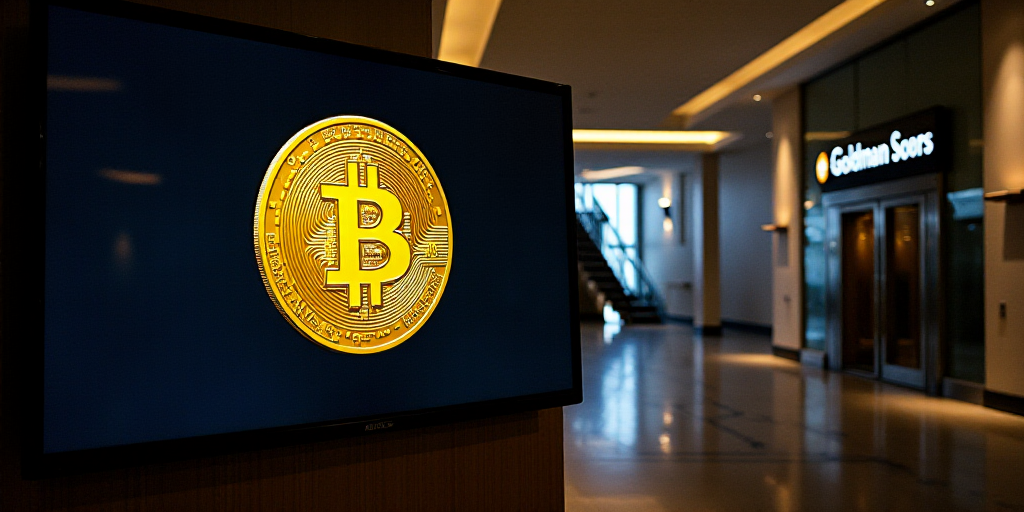Background on Key Figures and Relevance
Donald Trump, the former President of the United States, has recently escalated tensions with Iran by demanding unconditional surrender from the country’s Supreme Leader, Ayatollah Ali Khamenei. This demand comes amidst rising concerns over a potential conflict between Iran and Israel, which has already caused international unease.
Oil Market Reaction
As a result of these heightened tensions, international oil prices surged more than 3% on Tuesday. The Brent crude futures increased by $3.19, reaching $76.45 per barrel – its highest level since February 10, when it was $75.87. Meanwhile, the West Texas Intermediate (WTI) rose by $3.07 to $74.84 per barrel, marking its highest value since January 23.
Mexico’s export mix also experienced a price hike, rising by $2.89 to $69.90 per barrel – its highest value since January 28.
Although prices dipped slightly after the market’s closing, they continued to rise in electronic trading, with both WTI and Brent gaining 5% and 5.41%, respectively, before falling by 0.26% and 0.21% later in the evening.
Trump’s Threats and Geopolitical Tensions
Trump took to his social media platform, Truth Social, to issue an ultimatum for Iran’s unconditional surrender and warned of potential military action against the country’s leader. He claimed to know Ayatollah Khamenei’s whereabouts, describing him as an “easy target” but insisting that the US would not immediately strike.
“We know where the so-called ‘Supreme Leader’ is hiding. He’s an easy target, but he’s safe there. We’re not going to take him out—at least, not yet. However, we don’t want Iranian missiles targeting civilians or US soldiers,” Trump stated.
Banorte experts explained in a study that the global market’s risk-averse stance stems from fears of increased geopolitical tensions in the Middle East. They noted that Trump would meet with his security team in Washington to address these concerns.
Investor Risk Aversion and Market Impact
Gabriela Siller, the director at Análisis de Banco Base, highlighted in a report that while US intervention might swiftly resolve the conflict, it could also heighten risk aversion in financial markets. This may lead investors to seek safe-haven assets and contribute to elevated oil prices due to supply disruption fears.
Senator Tim Kaine of Virginia has been advocating for Congressional approval before US military involvement in the Israel-Iran conflict, a stance gaining traction after Republican Congressman Thomas Massie supported it on X (formerly Twitter).
Stock Market Performance of Oil Companies
Oil company stocks traded on the market also experienced gains due to ongoing military activities in the Middle East.
- Petrobras, a Brazilian energy company, saw its stock rise by 2.95% to 35.95 Brazilian real.
- Chevron, a US-based energy firm, increased by 1.93% to $148.85.
- TotalEnergies, a French energy company producing oil and biofuels, gained 1.82% to €55.51.
- BP, formerly British Petroleum, a global energy company, improved by 1.66% to €389.05 per unit.
Gold Price Increase
As the conflict between Israel and Iran persists, investors have sought refuge in gold, causing its price to rise.
- Spot gold increased by 0.2% to $1,890.59 per ounce.
- US gold futures, however, fell by 0.3% to $1,906.9.
Key Questions and Answers
- What caused the rise in oil prices? Heightened tensions between Iran and Israel, coupled with Trump’s demand for unconditional surrender from Iran, led to increased risk aversion in global markets and subsequently drove up oil prices.
- Which oil company stocks performed well? Petrobras, Chevron, TotalEnergies, and BP all experienced gains in their respective stock markets.
- Why did gold prices increase? Investors sought safe-haven assets due to the ongoing conflict between Israel and Iran, causing gold prices to rise.






